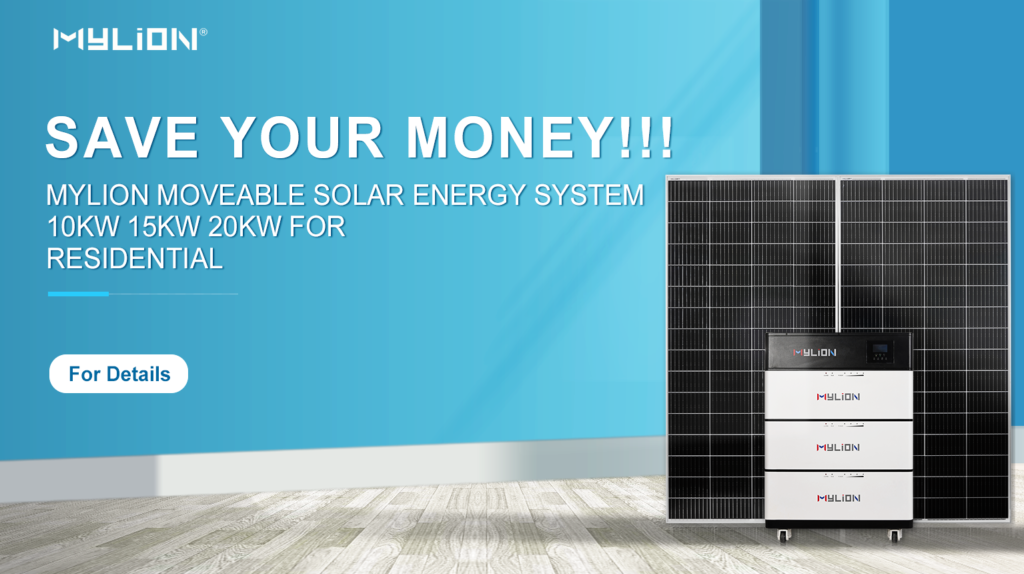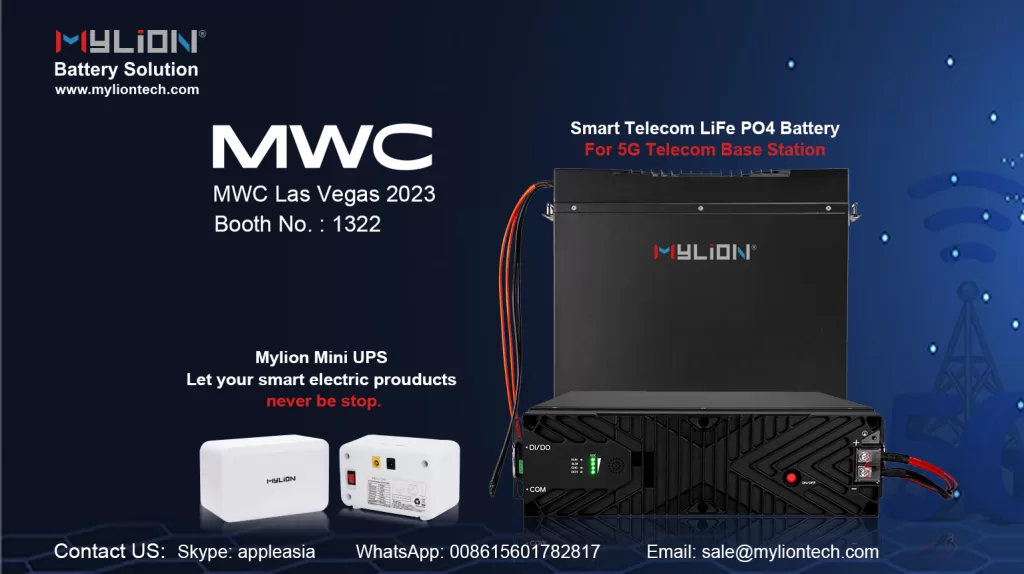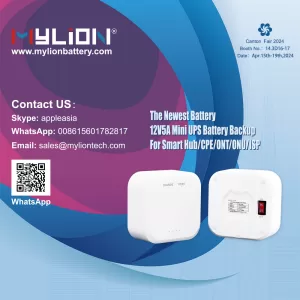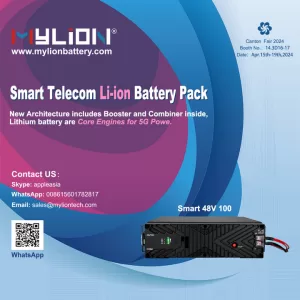In order to keep food in good condition and always cool, refrigerators need access to a constant power source, and it might appear that solar power isn’t an alternative. But, with the correct design of the solar panel and requirements calculation, you will be able to operate every refrigerator powered by the power of solar.

The Solar Power Setup
An Solar power setup that is suitable for refrigerator use will require a number of gadgets as well as solar panels. Batteries are required to store the energy refrigerators use in the evening or during times when clouds block sunlight. A charge controller can regulate the flow of power from panel to the. The charge controller shields the battery from sudden fluctuations in power, and also ensures that it is always receiving the correct current and voltage. In addition, an inverter can transform directly voltage (DC) capacity of your battery into AC (AC) power utilized by refrigerators.
Power Consumption of the Fridge
Calculating the Energy Requirements of Your Refrigerator:
Each appliance needs an amount of energy to operate. Like you’d expect, the energy requirements of a coffeemaker that is small are vastly different from the energy requirements for a refrigerator that is large in size.
While refrigerators come with a lot of power requirements, it’s important to remember the fact that different refrigerators require the identical amounts of electricity. Older models usually consume more energy than energy efficient ones and larger fridges will require more power than smaller mini-fridges.
This is why it’s crucial to determine the exact energy requirements for your particular refrigerator prior to you begin shopping to purchase solar panels. There are a variety of ways to calculate the power requirements of your particular refrigerator:
Method #1: Find the Energy Guide Label
Although it might sound simple but the most efficient method to find out the power needs in your appliance is look at the label that states energy rating. From the early 1980s onwards, a majority of appliance makers are required to take part within the Energy Guide program. In the course of this program, appliances will be sold with a clearly visible white and black sticker which will clearly outline the energy needs for the appliance, and also the estimated cost of running it over an entire year.
If your fridge isn’t brand new, it has probably removed the label off the front door. However there are many ways to quickly find the details. First, you will typically locate Energy Guide information inside the instruction manual for every appliance, or by looking up on the website of the manufacturer or contact their customer support department. Since refrigerators are huge appliances, they usually have another sticker at the back.
Energy Guide Labels will show you the annual estimated consumption of electricity by your refrigerator in Kilowatt Hours or kWh. This is the exact information you need to know in order to estimate your energy requirements of your refrigerator’s solar panels.
Method #2: Find the Quoted Power Rating
In the event that your fridge is older, or you’re unable to find Energy Guide information, you will be able to locate the power rating that is quoted. The information is typically included alongside the model’s serial number. It is listed in Watts.
If you know the required amperes and voltage You can then multiply these two numbers to determine the power requirement in Watts. An easy equation to employ is Volts x Amps = Watts.
If nothing else works and you are unable to locate any information it is possible that you are better off just estimate the power needs of your refrigerator. A modern energy star-rated refrigerator consumes about 350kWh per year, whereas older models with less efficiency typically consume around 600 kWh.
Calculating Running Watts Once You Have the Power Rating
When you’ve figured out the yearly kWh requirements for your fridge, it is possible to determine the running watts which will inform you of how much power the solar panels will require to generate every day in order to run the appliance.
After you’ve figured out the annual energy consumption in kWh of your refrigerator You can simply divide it by 365 since this is the total number of days during the year. Then, you’ll be able to divide the result by 24 to get the amount of watts needed per hour.
For instance, if your refrigerator has an energy rating for the year of 365 kWh and required one kWh per day. If you divide that by the number of hours of a day, you’d have the running watts requirement of 0.042kW/h 1kWh, which is 1kWh , 24 is 0.042. That means that you’ll need an energy-producing solar device that can deliver 42W per hour since a kWh corresponds to 1,000W.
Fluctuations in Power Usage
A refrigerator utilizes power differently based upon the conditions under which it operates. If there is a lot of frozen items in it or the ambient temperature is moderate it will remain cooler for longer. This means that it will not require turning off as often. When the air compressor of the refrigerator is activated it requires a burst of power, which can consume more than the usual operating current. The surge only lasts for a short time. When the refrigerator is turned on, it runs on power based on the voltage of the nameplate and current.
Batteries and Inverter
An average solar battery produces 12 volts of electricity for a specific quantity of amp hours. A term used to describe amp-hours is a way to describe a battery’s capacity that indicates the number of amps are available from a battery and the length of time. In general, batteries are assessed based on a 20-hour cycle. For instance the 160 amp-hour battery will theoretically deliver 8 amps/hour for 20 hours. The majority of solar batteries offer enough current to fridges as well as other appliances. Inverters, which are required to convert DC batteries’ power into AC electricity that most appliances require, aren’t 100% efficient. In fact, up to 50 percent power could be lost during the process of conversion. Choose an inverter that has a an efficiency rating that is high and ensure that you include inverter inefficiency in making calculations for your refrigerator’s power requirements.
Purchasing a Complete Solar Kit:
If you find all this too much, don’t fret you can buy a complete solar kit. Solar kits are extremely convenient for those who are just beginning your journey with solar energy. They include everything you require to begin and, most of the time the bundle of all the solar equipment you need will reduce costs and will save you money.Mylion is a good starting point.

What is Mylion ?
Mylion is a leader in the industry in mini UPS solar energy systems, mini UPS, lithium-ion batteries and Nimh’s battery production as well as sales and marketing. The principal markets for exporting our lithium-ion batteries is Europe and America. We provide our customers with high-quality lithium batteries at a reasonable price and with top-quality service. Over the years, our lithium batteries have been praised by well-established businesses across various markets all over the world.
Mylion produces a range of batteries, which include NiMH lithium batteries, LiFePO4 batteries Lithium lithium polymer batteries, portable energy sources LiPO batteries for RC, mini UPSs, and other. The battery is widely used in electronic devices that are mobile, equipped with the help of an AI-powered robot making life easier and brighter.
They are available for purchase at Mylion now and you’ll be thrilled. Mylion products are available to purchase via on the Mylion website. For more details and details call us right now.






